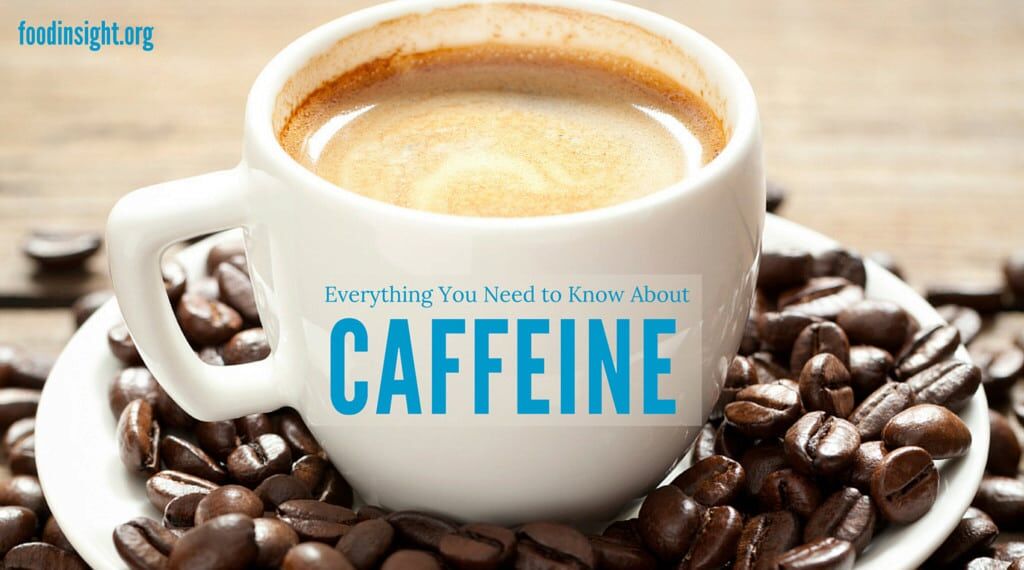
Adenosine promotes muscle relaxation, sleepiness, and blocks dopamine. Caffeine was actually placed on the World Anti-Doping Agency’s (WADA) banned list in 1984 and remained there until 2004 when it was removed.Ĭaffeine is known to bind with the receptors for adenosine. 100-120mg per espresso of robusta (for example: our Rocket Roast)Ĭyclists are particularly fond of strong coffee due to the performancing enhancing boost it gives, particularly for endurance.50-65mg per espresso of arabica (for example: our Espresso Roast).What about caffeine in other foods and drinks? There are a few methods for decaffeinating coffee and each of these has an impact on the caffeine levels and end flavour profile of the coffee you drink. That said black tea contains 47mg of caffeine and green tea 33mg per mug, so decaf is relatively ‘caffeine light’ and could help you lower your intake to a level that works for your tolerance That means that if your doctor has told you to avoid caffeine altogether then decaf unfortunately isn’t for you. One study found that decaf servings contained between 3-15mg of caffeine for the typical mug. So a robusta espresso could have 120mg, and a mug of robusta filter could be 200mg of caffeine.Īs you would expect decaf coffee contains a lot less caffeine, but not zero. Robusta coffee beans have on average 83% more caffeine than arabica beans, so making coffee with these beans will produce a cup of coffee with 83% more caffeine. The amount of caffeine per coffee can vary widely depending on roast profile, brew type and variety of coffee, but it is widely accepted that for 400mg of caffeine per day is a recommended daily maximum for healthy adults (200mg for pregnant women), 400mg being equivalent to about four mugs of coffee.Ī typical espresso coffee coffee will have about 50-65mg (per ounce/28g) and a normal cup of filter coffee about 12-14mg of caffeine (per ounce/28g), but your normal filter coffee might be 150-200ml, meaning the total amount of caffeine per mug can be 100mg. That means drinking your morning espresso on an empty stomach will give you a quick caffeine hit then after breakfast.Ĭaffeine is broken down mainly by the liver and can remain in the bloodstream for 1.5 to 9.5 hours. Caffeine from drinks is quickly absorbed, whereas that from solid foods can be slower to absorb. It typically takes about 45 minutes to be absorbed into the bloodstream, but you can notice the effects from 15 minutes. Caffeine typically boosts our alertness and energy levels.Ĭaffeine in its raw form is a white powder that is bitter to taste, the chemical name is 1,3,7 trimethylxanthine.

Caffeine typically boosts our alertness and energy levels, though it affects everyone differently, with some people being very sensitive to it, whilst others notice very few effects. What is Caffeine?Ĭaffeine is a natural stimulant, which can be found in plant based foods and drinks, like coffee, tea, chocolate, cola and guarana. But after a team chat, we all began thinking, what actually is caffeine and how much is found in our beloved beverage? As always, we reached out to our roasters for a little guidance and information. Like many coffee lovers, the Presto team are big fans of caffeine.


 0 kommentar(er)
0 kommentar(er)
